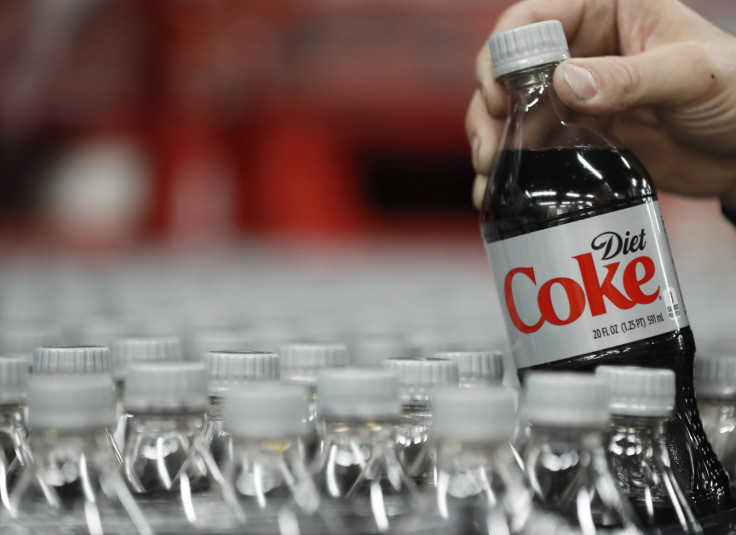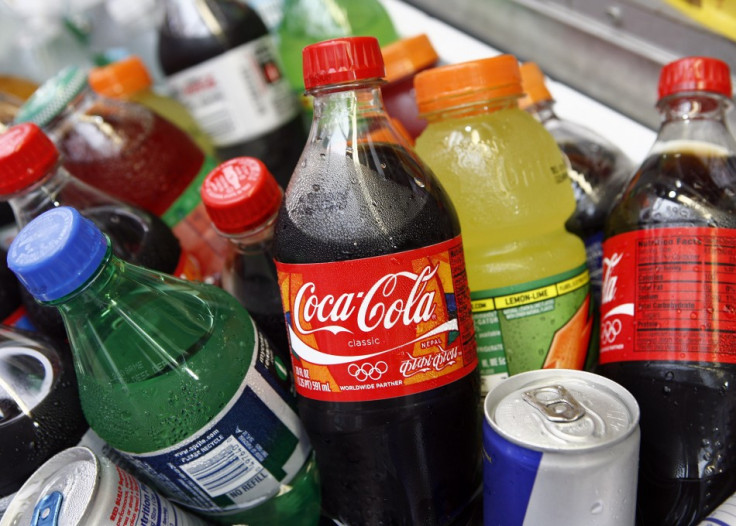Diet fizzy drinks linked to increased risk of stroke and dementia
Sugar-free fizzy soft drinks have been also linked to diabetes and myocardial infarction.

Drinking one sugar-free fizzy drink a day has been linked to a threefold increased risk of stroke and dementia, compared with people who drank one diet fizzy drink a week or less.
Sugary fizzy drinks have been linked to obesity and diabetes, but the sugar-free versions of the drinks are often seen as being a healthier alternative. But a study published in the journal Stroke now calls these assumptions into question.
The findings are the result of a long-term study on eating habits and vascular disease. A total of 2,888 people over 45 were included in the stroke study and 1,484 over 60 were included in the dementia study. The groups were followed for seven years, responding to questionnaires on their dietary habits.
A follow-up 10 years later found that 3% of participants had had a stroke, and 5% of participants had developed dementia. A number of risk factors already known to be linked stroke and dementia, such as age, sex, daily calorie intake, education, diabetes and genetic predisposition were taken into account to hone in on the specific effects of drinking diet drinks.
After accounting for these risk factors, the link was still significant between stroke and diet drinks, but was less dramatic for dementia and diet drinks. However, the study only found a link, which may not be a causal relationship. There could be a common factor that is driving the association, rather than diet drinks themselves.
"This study gives us an idea of the risk factors, but to prove the link it would need to be studied further in controlled studies," neurologist Elizabeth Coulthard of the University of Bristol, who was not involved in the research, told IBTimes UK.
"This is the seed of an idea. One would assume having less sugar is best for the brain, but this might make us think twice about our assumptions."
Coulthard questioned some aspects of the study design, such as the fact that it was based on questionnaire answers, which may have been inaccurate. Further studies monitoring people's eating habits more closely would be needed in order to draw firm conclusions about the association, she said.

Louis Levy, head of nutritional science at Public Health England, said in a statement that more evidence was needed before definite conclusions could be drawn.
Is there a healthy option?
Sugary drinks did not seem to have the same effects as diet drinks, with no significant link to stroke or dementia.
But this does not mean that sugary drinks are in fact the healthy option, said study author Matthew Pase of Boston University School of Medicine and the Framingham Heart Study. The study is a tentative look into the different health risks unique to each type of soft drink.
Other recent studies have found health risks that appear to be linked to diet fizzy drinks, such as a link between diet drinks and the risk of metabolic syndrome and type 2 diabetes. Another study found a link between diet drinks and stroke, myocardial infarction and vascular death.
Pase said that the next steps in the research was to look more closely at the positive food and drinks choices people can make to improve health. "Rather than saying avoid this and that, we want to quantify what food and beverages might be the best in terms of preserving brain as it ages," he said.
© Copyright IBTimes 2025. All rights reserved.





















